Infringement, profiteering, and distortion of heritage are prohibited.
According to Article 9 of the 2025 Law on Cultural Heritage, all acts of appropriating heritage, distorting the original elements of the relic, or reducing the value of the heritage are strictly prohibited. Acts of encroachment, destruction, or risk of damaging the cultural landscape are also strictly handled.
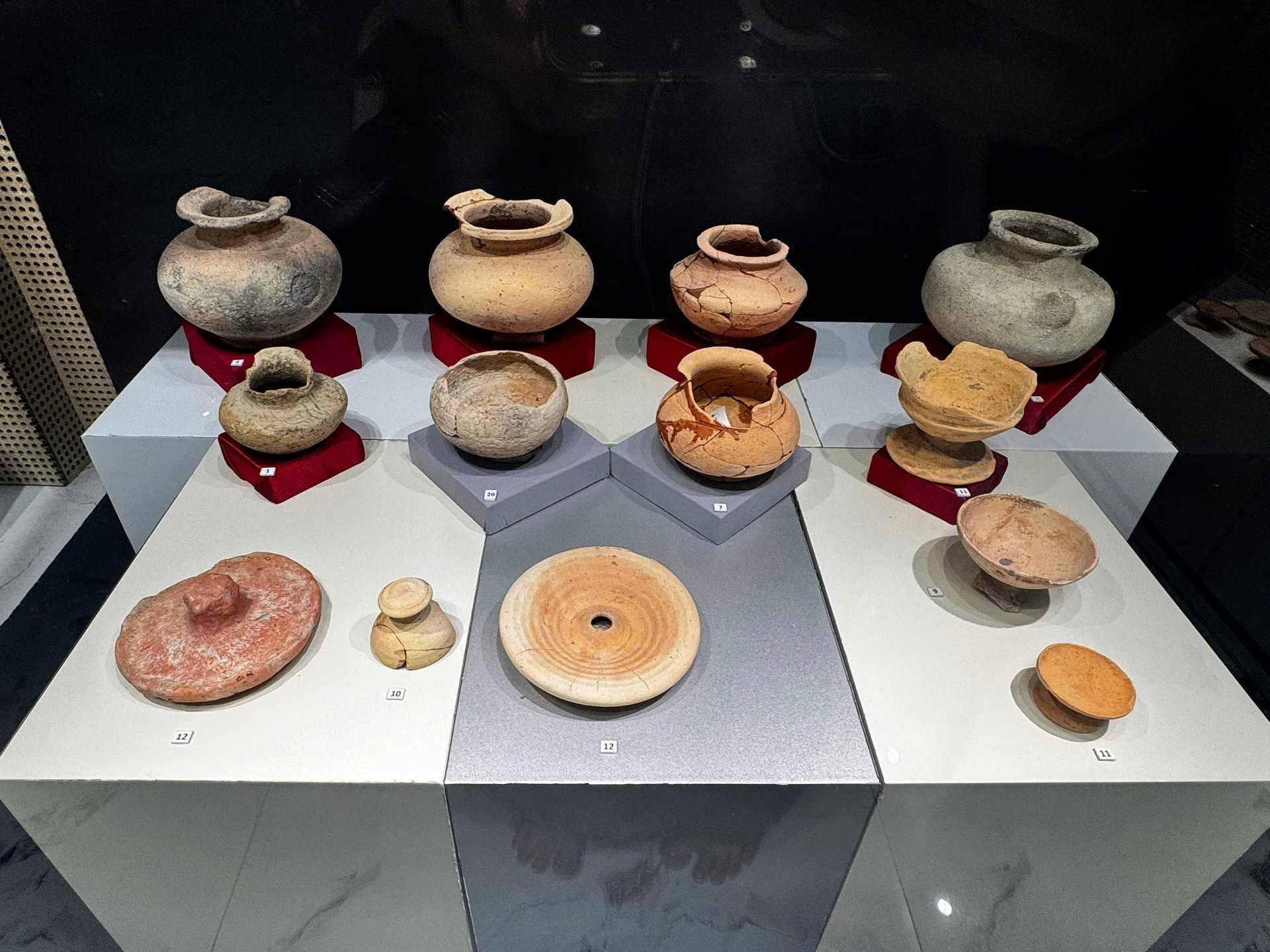
The Law on Cultural Heritage, which takes effect from July 1, 2025, specifically regulates serious acts against cultural heritage. Illustration photo: DV
Exploitation and use of heritage that affects the legitimate rights and interests of organizations, individuals or communities are prohibited. In addition, taking advantage of the name of protecting and promoting heritage values for personal gain, superstitious worship, creating cultural conflicts or hindering the right to cultural creativity are also prohibited acts.
The law also prohibits illegal recognition and granting of cultural titles; illegal excavation at archaeological sites or relic protection areas; and the purchase, sale, collection, and exchange of antiques and national treasures of unknown origin.
Prohibition of illegal business, counterfeiting and distortion of heritage values
Acts such as counterfeiting antiquities, illegally exporting relics abroad; taking advantage of heritage protection activities to sabotage the State, inciting ethnic hatred, dividing religions, spreading superstition, etc. are also strictly prohibited.
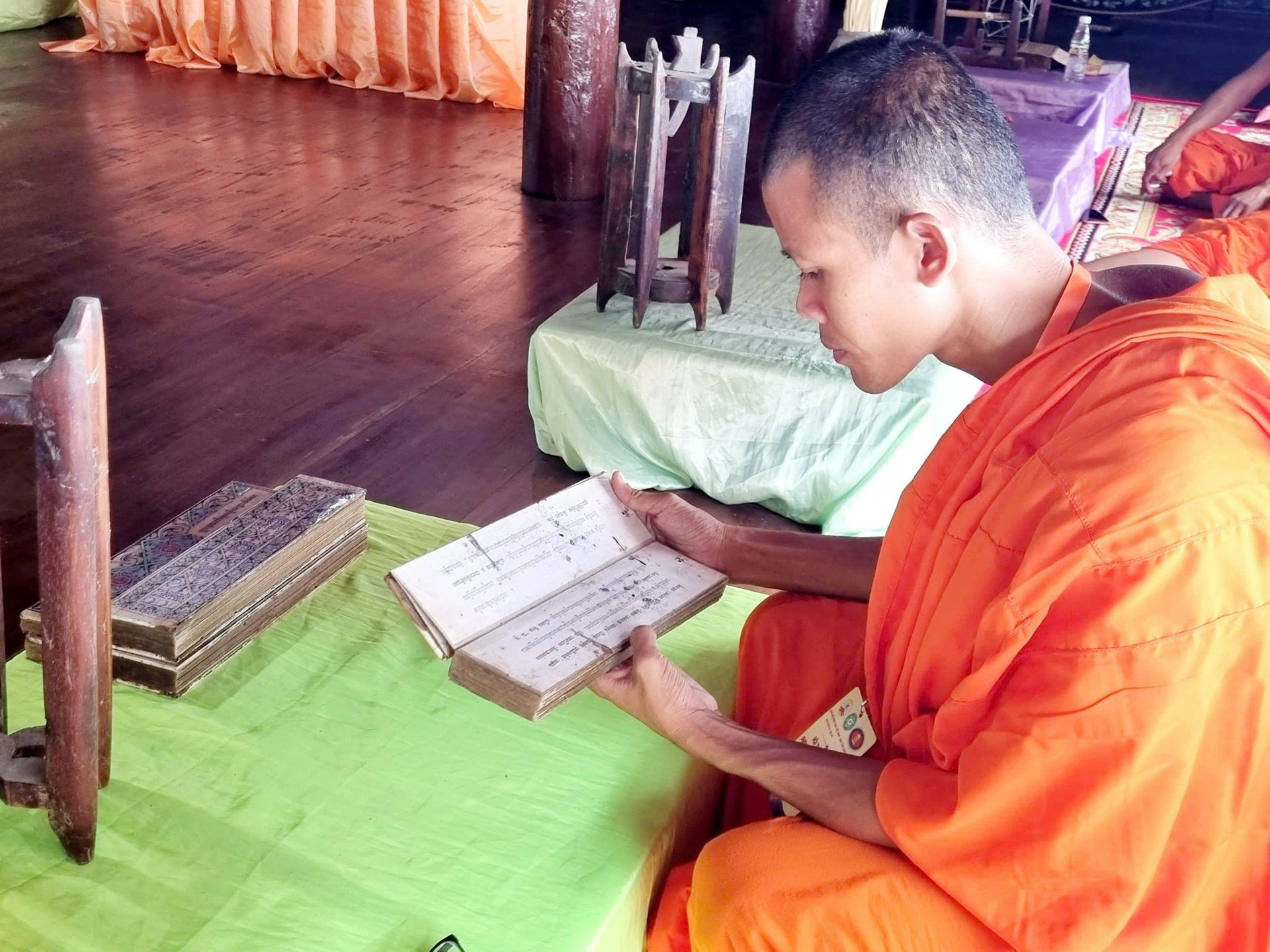
The law also stipulates that the act of buying, selling, collecting, trading, and exchanging relics, antiques, national treasures, and documentary heritage of illegal origin will be prohibited. Illustration photo: DV
The law also stipulates that the preservation and restoration of relics must follow the procedures approved by state agencies. Any form of cultural service business that does not meet the conditions of the law is prohibited. Individuals and organizations are not allowed to take advantage of the collection of artifacts of public museums to broker, advise on the purchase and sale of artifacts or disclose information illegally.
Archaeological exploration and excavation must have a license from the Minister of Culture, Sports and Tourism and meet all legal requirements. In case of emergency, the Provincial People's Committee can grant a license to promptly protect areas with archaeological heritage.
Cultural heritage is not only the property of the nation but also the collective memory of the community. The legalization of prohibited acts is an important step in protecting and promoting traditional cultural values and preventing acts of commercialization, infringement and distortion of heritage. People and organizations need to raise awareness and strictly comply with legal regulations to preserve the precious spiritual values of the nation.
Source: https://danviet.vn/cac-hanh-vi-bi-nghiem-cam-de-bao-ve-di-san-van-hoa-d1351811.html



![[Photo] Prime Minister Pham Minh Chinh chairs the second meeting of the Steering Committee on private economic development.](https://vphoto.vietnam.vn/thumb/1200x675/vietnam/resource/IMAGE/2025/11/01/1762006716873_dsc-9145-jpg.webp)




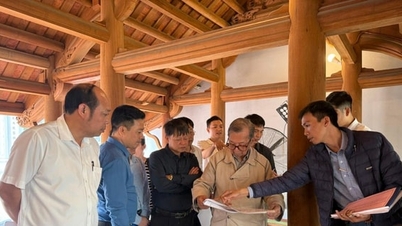

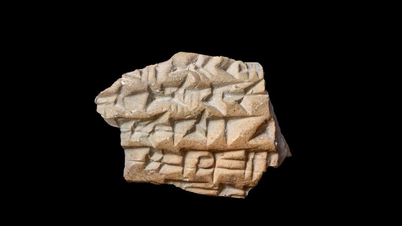

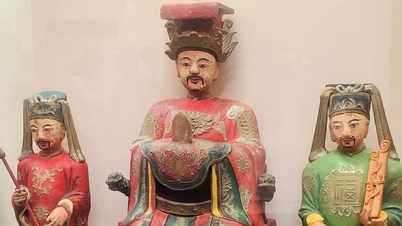




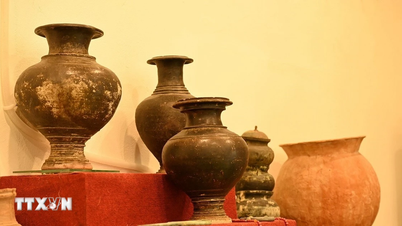
















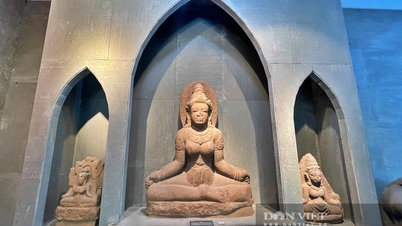
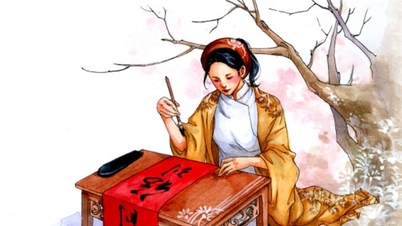
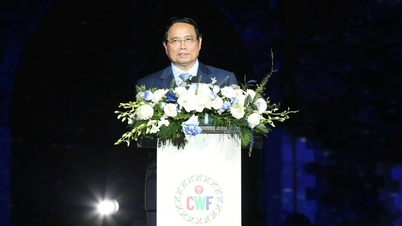

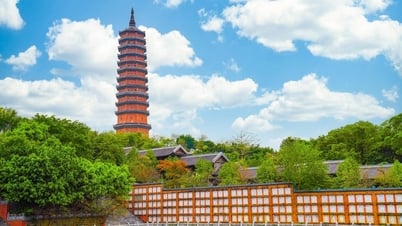





































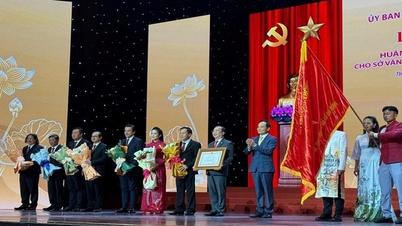
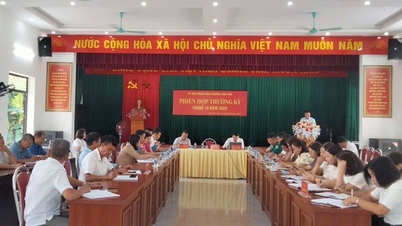

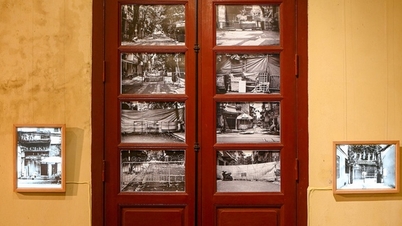


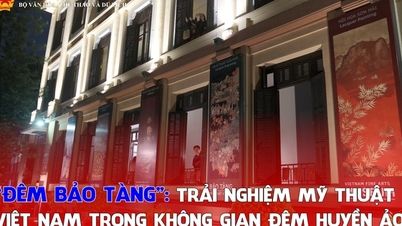
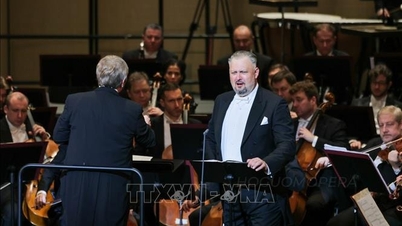



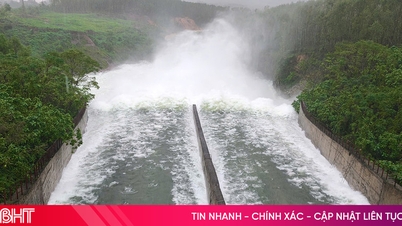

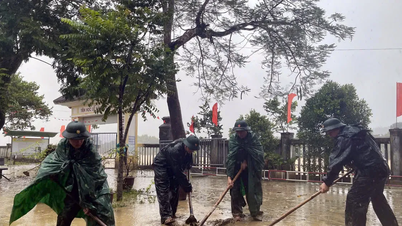

















Comment (0)